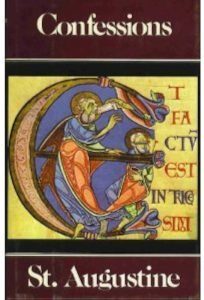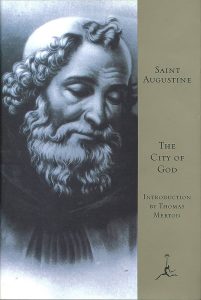Confessions by Augustine: An Engaging and Insightful Exploration of Faith
Confessions by Augustine is one of the most important works in Western literature and a must-read for anyone interested in philosophy, religion, and literature. Written in the early 5th century CE, this autobiographical work details Augustine’s spiritual journey from his early life as a mischievous teenager to his eventual conversion to Christianity and his life as a priest. The book is full of insights into the human condition, which makes it both entertaining and thought-provoking. In addition to its spiritual and philosophical themes, Confessions is also an exploration of the power of memory, language, and storytelling. With its timeless relevance and exquisite prose, Confessions is sure to enthrall readers of all ages.
As we explore this masterpiece of Western literature together, we will take a closer look at its key themes, characters, narrative structure and more. We will also analyze how these components contribute to the overall message of the text. Finally, we will consider why Confessions remains so relevant today and what lessons we can learn from it.


